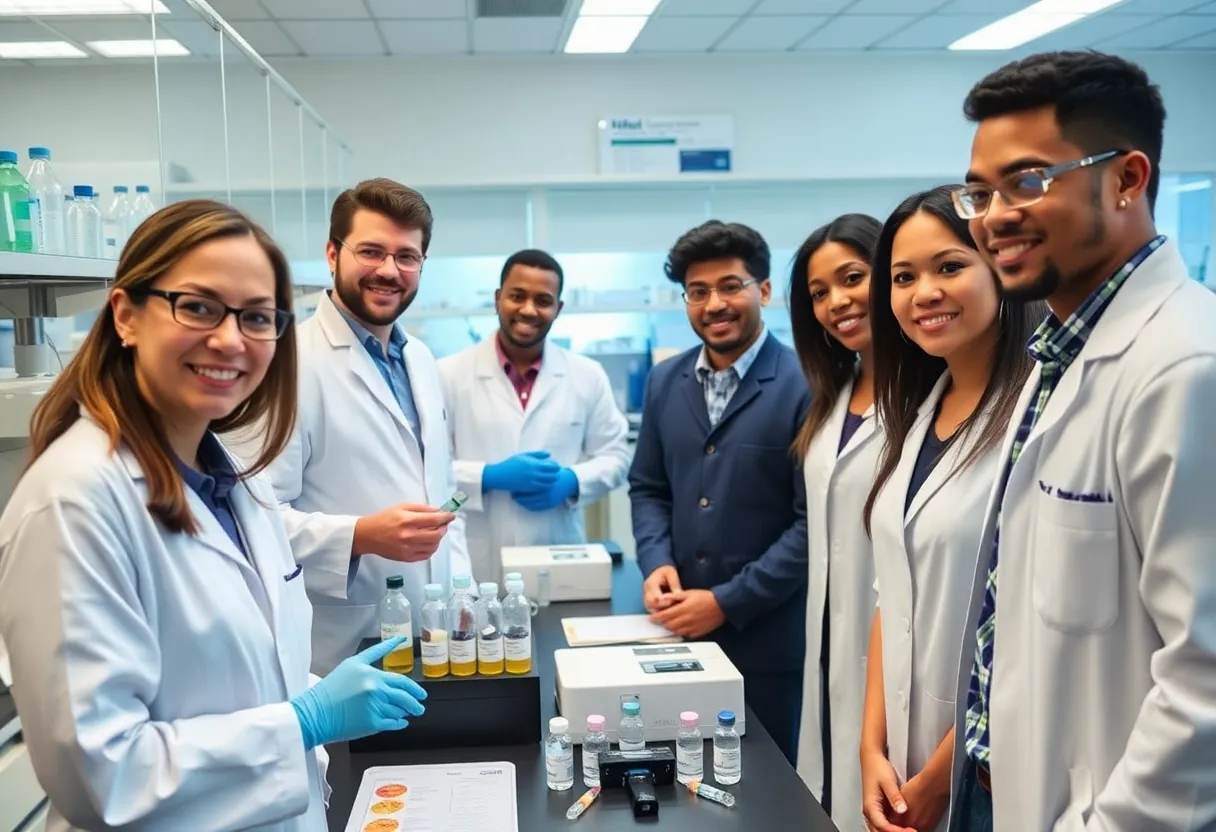Developments in Mesothelioma Vaccine Research
Mesothelioma is an aggressive cancer largely caused by asbestos exposure. Conventional treatment methods often include surgery, chemotherapy, and radiation therapy; however, the prognosis remains poor for many patients. Recent vaccine research demonstrates significant promise in combating this devastating disease. This article will explore the latest developments in mesothelioma vaccine research and their potential implications for treatment.
Understanding Mesothelioma
Mesothelioma originates in the mesothelial cells lining the lungs, abdomen, or heart. The disease manifests in several forms, with malignant pleural mesothelioma being the most common. Early symptoms include shortness of breath, chest pain, and weight loss, often leading to late-stage diagnosis. Mesothelioma is known for its resistance to traditional therapies, necessitating innovative treatment approaches such as vaccine research.
Vaccination as a Treatment Strategy
The concept of using vaccines against cancer is not new. Cancer vaccines are designed to elicit an immune response that targets and eliminates tumor cells. In the context of mesothelioma, research has focused primarily on two types of vaccines: therapeutic and preventive.
Therapeutic Vaccines
Therapeutic vaccines aim to treat existing cancers by stimulating the immune system. Several studies are currently underway, examining their efficacy in mesothelioma treatment. One promising candidate is the WT1 peptide vaccine, targeting the Wilms’ Tumor 1 (WT1) protein, which is often overexpressed in mesothelioma cells. Early-phase clinical trials suggest that this vaccine can enhance overall survival and improve the immune response in patients.
Preventive Vaccines
Conversely, preventive vaccines aim to reduce the risk of developing mesothelioma in high-risk populations, particularly those with significant asbestos exposure. While this field is still in its infancy, researchers are exploring promising avenues.
Recent Clinical Trials in Vaccine Research
Recent clinical trials have generated optimism about the potential for vaccines to improve treatment outcomes for mesothelioma patients. Mesothelioma developments include several noteworthy trials:
1. L-BLP25 (Oncept)
One of the most studied vaccines, L-BLP25, is a peptide-based vaccine designed to target the mucin 1 (MUC1) protein found on mesothelioma cells. A pivotal Phase III trial indicated that patients vaccinated with L-BLP25 experienced a significant survival advantage compared to those who received a placebo. Despite setbacks in terms of regulatory approval, results indicated a strong potential for this vaccine in clinical practice.
2. CIMAvax-EGF
Another innovative approach is the CIMAvax-EGF vaccine. This vaccine targets the epidermal growth factor (EGF) that stimulates cancer cell proliferation. Results from trials have shown improved overall survival in patients with advanced mesothelioma. The immune response generated by CIMAvax-EGF could potentially slow the disease’s progression.
3. SGN-35
SGN-35 is an engineered antibody-drug conjugate targeting CD30, a protein often found in mesothelioma cells. Early findings show favorable responses in patients, especially those displaying high CD30 expression levels. Ongoing trials will determine its effectiveness alongside traditional chemotherapy.
Challenging Aspects of Vaccine Research
While advancements in vaccine research for mesothelioma are encouraging, challenges remain. The heterogeneity of mesothelioma makes it difficult to develop a one-size-fits-all solution. Tumor cells may express varying antigens, complicating the identification of effective targets.
Additionally, the immunosuppressive tumor microenvironment often hampers the effectiveness of vaccines. Tumors can employ various mechanisms to evade immune detection, complicating treatment strategies.
Future Directions in Vaccine Research
Despite these challenges, the landscape of mesothelioma vaccine research is rapidly evolving. Combining vaccines with other treatment modalities, such as immunotherapy and checkpoint inhibitors, is an area of active exploration. This synergistic approach may enhance the immune response and improve outcomes.
Combining Therapies
Researchers are now investigating combination therapies, pairing vaccines with agents like pembrolizumab and nivolumab—both checkpoint inhibitors that release the “brakes” on the immune system. Early trials are ongoing, aiming to determine optimal dosing and scheduling.
Targeting Neoantigens
Another area gaining traction is the focus on neoantigens. These are personalized antigens formed from tumor mutations. Researchers are investigating ways to create individualized vaccines that specifically target a patient’s unique tumor profile. Such advancements could revolutionize mesothelioma treatment, potentially leading to highly effective, tailored therapies.
Clinical Development and Regulatory Challenges
The route from research to clinical application is complex. Regulatory hurdles exist at multiple levels. Data from clinical trials must demonstrate not only efficacy but also safety. Drug developers face challenges in obtaining adequate funding for phases of research, decreasing the speed of progress.
Moreover, collaboration between academic institutions, pharmaceutical companies, and regulatory bodies will be essential. A collaborative approach may enhance the sharing of data, streamline processes, and improve patient access to promising therapies.
The Role of Patient Advocacy in Research
Patient advocacy groups play a crucial role in advancing mesothelioma vaccine research. They help raise awareness, fund research initiatives, and contribute to the development of clinical trials. Their involvement ensures that the voice of patients remains central in the research process, driving efforts to meet unmet needs.
Conclusion
Developments in mesothelioma vaccine research present a beacon of hope for patients and their families facing this challenging diagnosis. Although obstacles remain, ongoing studies hold the potential for innovative therapeutic solutions. By harnessing the power of the immune system, researchers aim to develop highly effective and individualized treatments that may significantly improve survival rates and quality of life for mesothelioma patients. The continued support of the scientific community, regulatory bodies, and patient advocacy will be essential in translating these promising findings into clinical practice.



















